‘Left with Nothing’
The Afghans losing lifesaving aid
“The children are the breadwinners of the family, and we have no other source of income.”
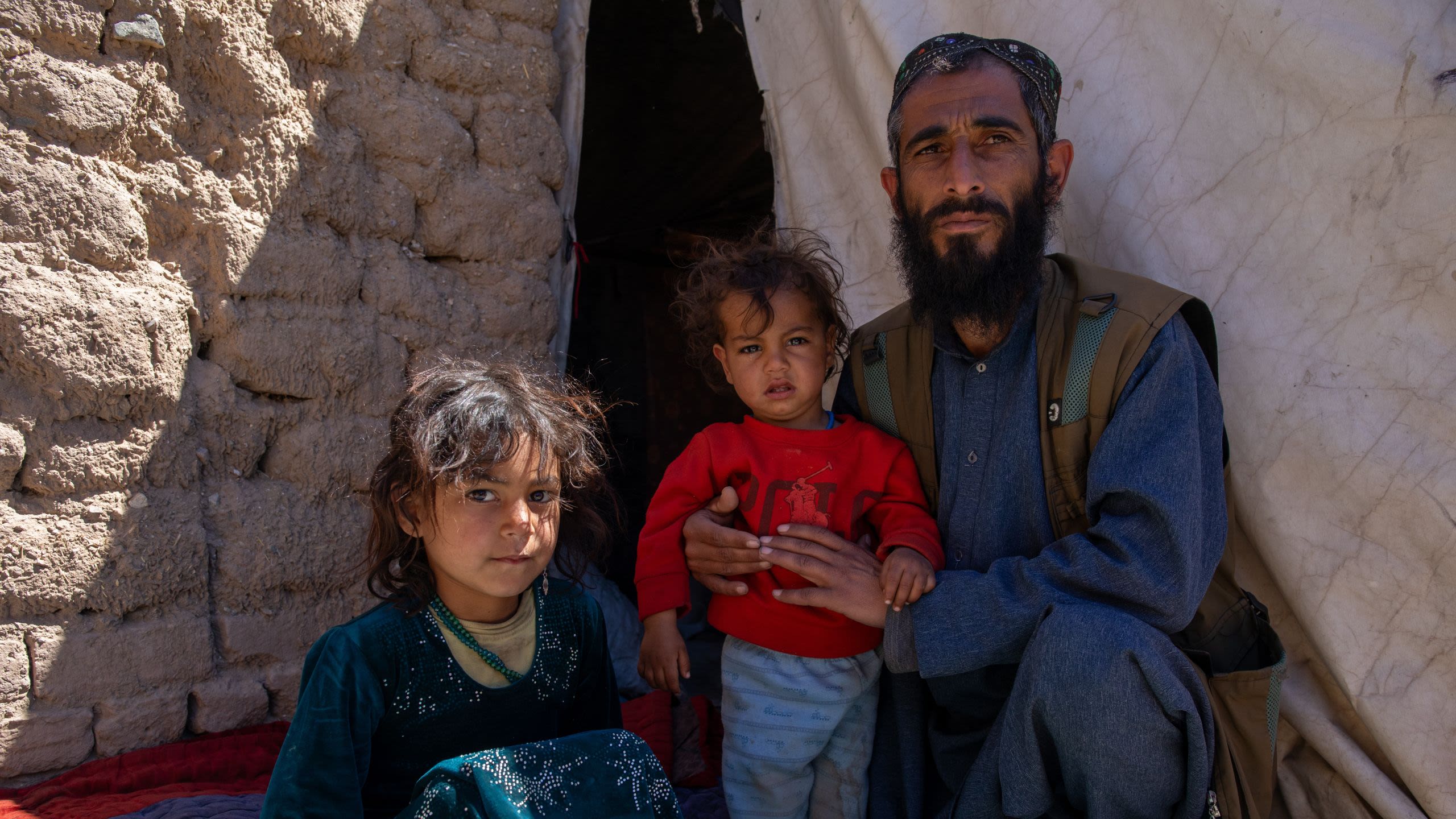
18 April 2025 — In a makeshift settlement on the outskirts of Herat City, we meet 75-year-old Bibi Gul. Each day, her four grandchildren roam the streets in search of plastic to sell for recycling, to help the family survive.
They were forced to flee their home due to drought and conflict. Now, with aid drying up, they’re left with nothing.
Drastic reductions in humanitarian funding to Afghanistan by major donors are forcing the Norwegian Refugee Council (NRC) and other humanitarian organisations to significantly cut vital aid for the most vulnerable and impoverished communities. In western Afghanistan, women, men, and children living in makeshift settlements are already experiencing the severe impact of the world’s neglect. Herat province encapsulates the insurmountable challenges facing the Afghan people today. Every day, thousands cross into neighbouring Iran in search of work and a better life, while thousands more return – only to be confronted with the same hardships that had previously forced them to leave: unemployment, lack of access to education, and human rights violations. But the most vulnerable Afghans – displaced from their home area by conflict, drought, and poverty – often lack the resources to pay for the permits and transportation necessary to seek safety and opportunities in neighbouring countries.
Instead, many end up in slum-like informal settlements on the outskirts of larger cities. Life in these slum-like areas is a daily struggle for survival, with many children collecting plastic for recycling, and entire families surviving on stale bread and tea. We met some of the people living in squalor in informal settlement, who are left with nothing after the drastic cuts in aid from the countries that once promised to never forget Afghanistan. In Kahdestan, an informal settlement for displaced people located outside Herat City, we visit a 75-year-old grandmother named Bibi Gul. She heads a household that includes her four grandchildren and her daughter-in-law, while her son, who struggles with drug addiction, is living in Iran. The family was forced to leave the Qadis district of neighboring Badghis province seven years ago due to conflict and drought. Now, her grandchildren are the breadwinners of the family. “Unfortunately, it has been a while since we have received any assistance from NRC,” Bibi Gul says. Her family previously received two different instalments of financial aid from NRC, totaling 21,000 Afghani (USD 294). They used this money to buy basic food items such as flour, rice, beans and oil, as well as winter clothing for the children. When Bibi Gul’s grandchildren became sick during the recent cold winter, the NRC team referred them to another organisation for free medical treatment. However, due to the recent aid cuts, NRC and other aid agencies are no longer present in the Kahdestan settlement. “There was a clinic in our area that provided health services, but it has also closed, and I don’t know why. My request to the world is [to recognise] that people are in a very bad situation, so I kindly ask that you help them. We need shelter, water, food and money,” pleads Bibi Gul. NRC’s legal aid and information teams play a vital role in assisting returning and internally displaced Afghans by providing support with housing, food, legal aid and referrals to healthcare providers within communities. This support is especially important for Afghan women who have become the heads of their families after their husbands have died or emmigrated. These women often depend on female-to-female assistance due to cultural and religious norms in Afghanistan. The decreasing number of female aid workers in the country further restricts access to essential services for women and children, worsening poverty and basic rights. The sudden cessation of services from aid agencies has had a profound impact on Kahdestan. “NRC staff used to be here every day, aware of the community’s problems. Now, they are no longer present, and almost all aid has stopped. Educational classes have closed, and the health clinic that was available has also shut down. We don’t know where to turn now,” said Abdul-Haq, 45, who was displaced from Badghis province in 2017 due to drought and conflict. Deen Mohammad, 38, is the head of a household with ten members, and struggles to provide for his family in a city where job opportunities are scarce. “We don’t have enough food, water, or shelter, and all ten of us are living together in a small room,” he says. The family fled Badghis province in 2017 due to severe drought and intense fighting in their area. Deen Mohammad feels the impact of Afghanistan’s ongoing economic crisis on a daily basis. “I go to the city, but there is no work to be found. I even had to send my oldest son to the city to collect discarded plastic. We sell it to cover our family’s expenses.” A displaced family from Badghis, forced to flee due to conflict and drought. From left to right: Kafia, 6; Fazl Rahman, 2; and their father, Deen Mohammad, 38. Nasiba, 3, and Mohammad Dawoud, 38, are a father and daughter living in an informal settlement on the outskirts of Herat city. Mohammad Dawoud, 38, and his family were forced to leave their home in the Bala Murghab village of Badghis province after severe flooding devastated the area. Now, he lives with his wife and three children in the Shahrak-e Sabz informal settlement in Herat province. However, his responsibilities extend far beyond his immediate family. “Unfortunately, I lost two of my sisters in the floods. My father and two brothers have also passed away, and I am now responsible for supporting their families as well. In fact, I am the breadwinner for 35 people.” NRC has supported Mohammad with building materials, including planks and wood, which he used to construct a small house for his family. Additionally, NRC gave Mohammad 15,000 Afghanis (USD 211) in cash to help cover family expenses and to start a small shop. NRC’s teams also referred Mohammad’s extended family to other aid agencies for further assistance. However, recent reductions in aid have forced NRC and other organisations to discontinue their support for the settlement. “It has been a while since we received any assistance, and NRC staff no longer visit our settlement. We are requesting that organisations return, and that NRC come back to support us… … The economy is very weak, and due to a lack of job opportunities, all the young people are unemployed. As displaced individuals, we are in urgent need of help.” The two brothers, Murtaza, 8, and Elyas, 11, are having their lunch in front of their makeshift shelter in an informal settlement on the outskirts of Herat city. The brothers and the rest of their family were forced to flee Kunduz due to conflict and relocate to Herat seven years ago. Since then, they have lived in an informal settlement. According to their father, Khosh Mohammad, 48, their situation is becoming increasingly difficult. Khosh Mohammad and his family have seen little improvement over the years given the decline in aid provided to Afghanistan. The recent and drastic aid cuts have only exacerbated this even further. “It has been several years since we have received assistance from aid organisations. I have no other source of income, and there are no job opportunities in the city. It has become extremely challenging for us to survive,” Khosh Mohammad says. Murtaza, 8, and Elyas, 11. The two displaced brothers from northern Kunduz province are having lunch in front of their makeshift shelter in an informal settlement on the outskirts of Herat city. This is the most challenging situation that NRC has faced in its 22 years in the country. But we are not shutting down our operations. We remain committed to staying in Afghanistan – to support displaced women, men and children, and to ensure that communities affected by decades of war and climate change are not left behind. To prevent further catastrophe, the international community must step up. People in Afghanistan cannot be abandoned. They need urgent, sustained support – not only to survive, but to rebuild their lives with dignity and hope. *SOURCE: Norwegian Refugee Council. Go to ORIGINAL: https://www.nrc.no/feature/2025/left-with-nothing-the-afghans-losing-lifesaving-aid 2025 Human Wrongs Watch
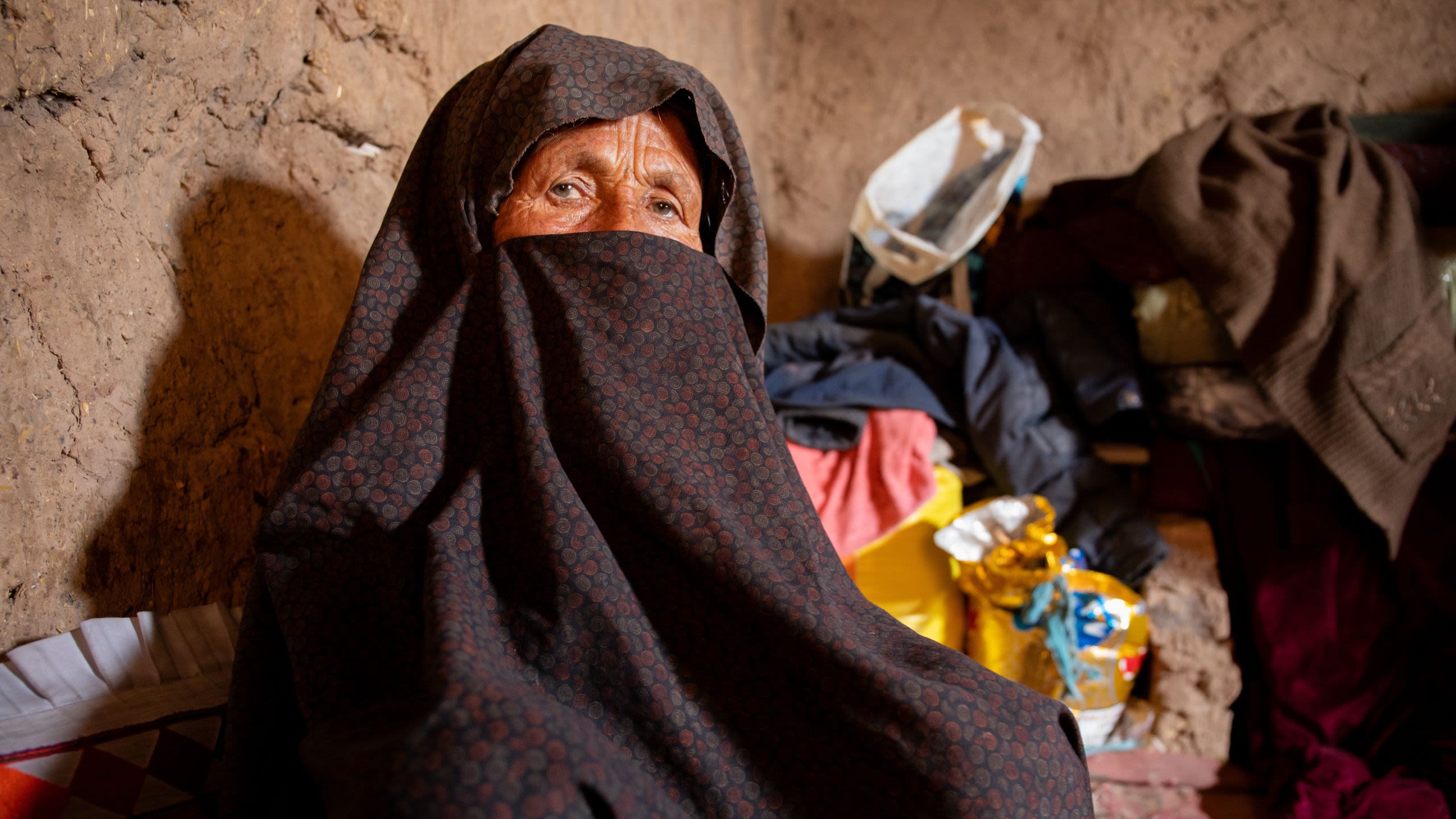
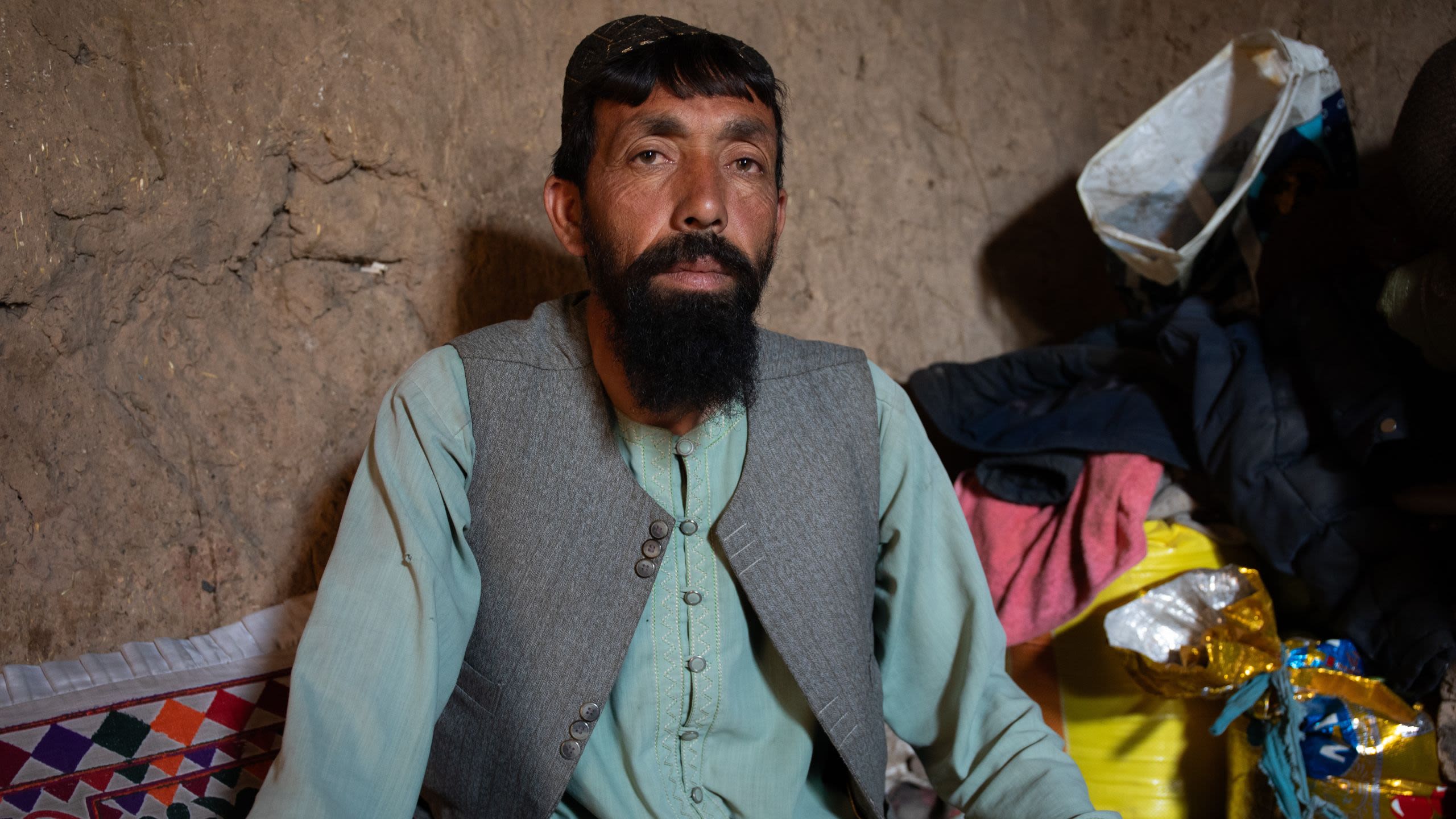

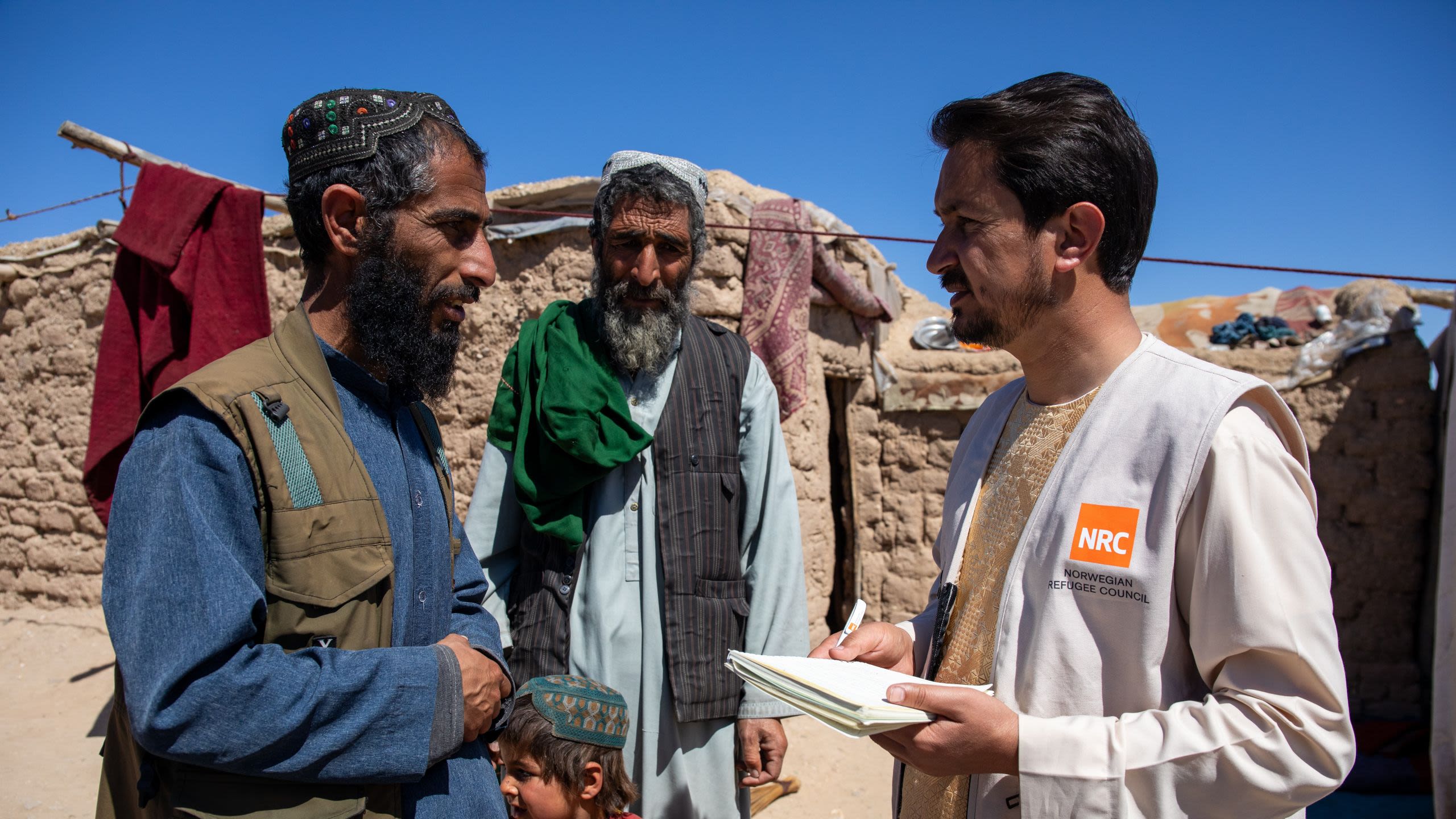
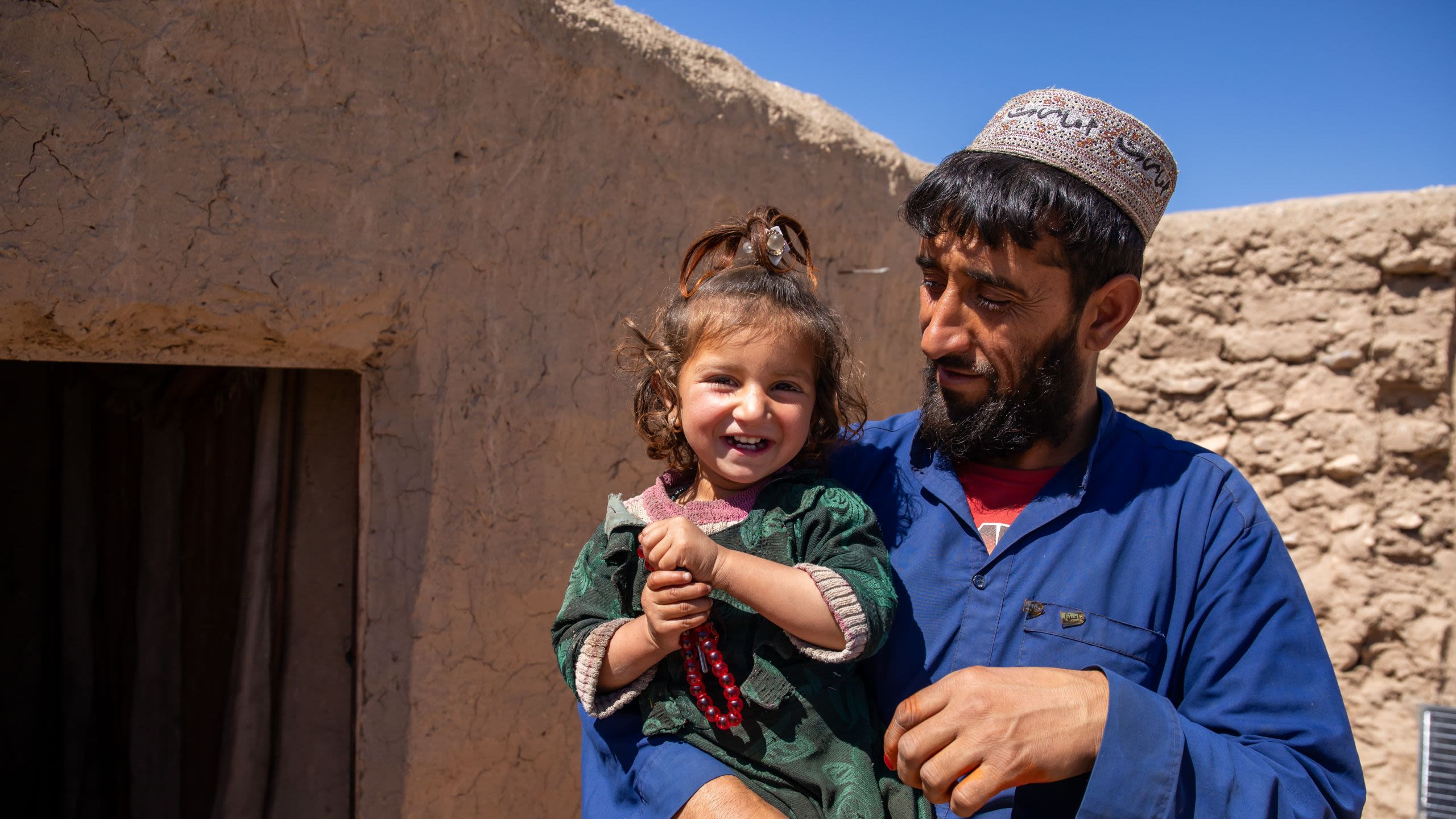
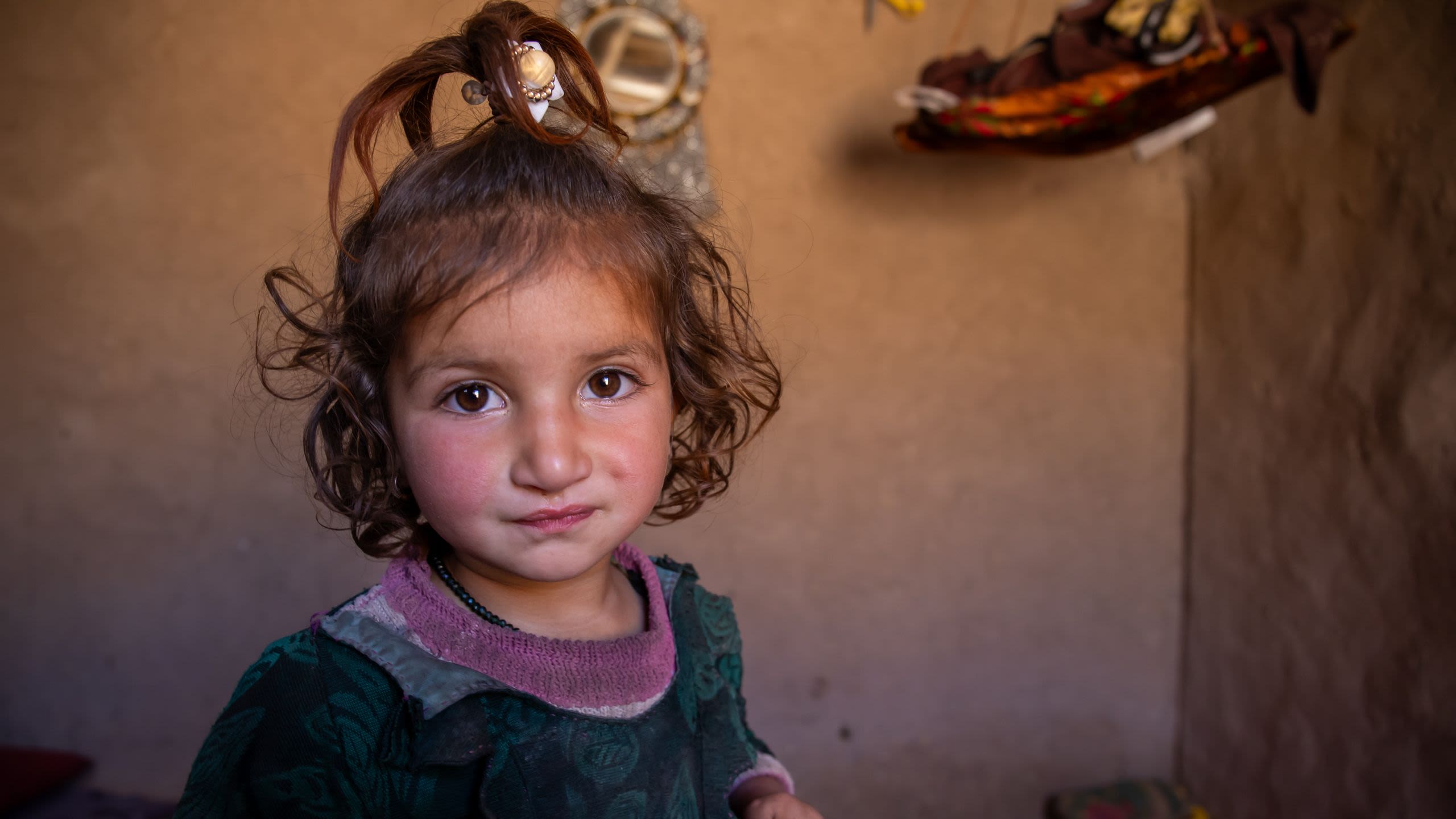
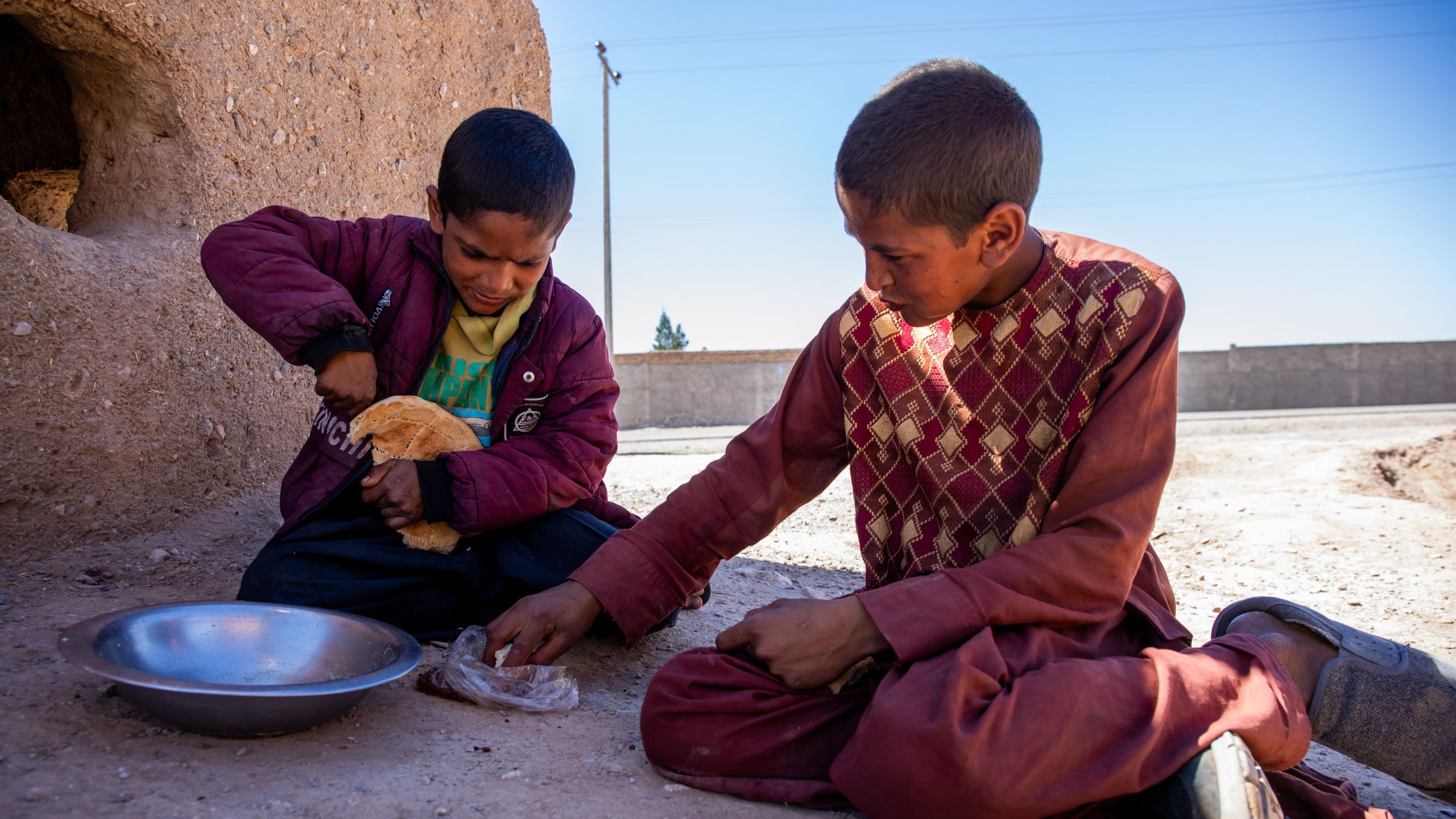
Source: https://human-wrongs-watch.net/2025/04/21/left-with-nothing/
Anyone can join.
Anyone can contribute.
Anyone can become informed about their world.
"United We Stand" Click Here To Create Your Personal Citizen Journalist Account Today, Be Sure To Invite Your Friends.
Before It’s News® is a community of individuals who report on what’s going on around them, from all around the world. Anyone can join. Anyone can contribute. Anyone can become informed about their world. "United We Stand" Click Here To Create Your Personal Citizen Journalist Account Today, Be Sure To Invite Your Friends.
LION'S MANE PRODUCT
Try Our Lion’s Mane WHOLE MIND Nootropic Blend 60 Capsules
Mushrooms are having a moment. One fabulous fungus in particular, lion’s mane, may help improve memory, depression and anxiety symptoms. They are also an excellent source of nutrients that show promise as a therapy for dementia, and other neurodegenerative diseases. If you’re living with anxiety or depression, you may be curious about all the therapy options out there — including the natural ones.Our Lion’s Mane WHOLE MIND Nootropic Blend has been formulated to utilize the potency of Lion’s mane but also include the benefits of four other Highly Beneficial Mushrooms. Synergistically, they work together to Build your health through improving cognitive function and immunity regardless of your age. Our Nootropic not only improves your Cognitive Function and Activates your Immune System, but it benefits growth of Essential Gut Flora, further enhancing your Vitality.
Our Formula includes: Lion’s Mane Mushrooms which Increase Brain Power through nerve growth, lessen anxiety, reduce depression, and improve concentration. Its an excellent adaptogen, promotes sleep and improves immunity. Shiitake Mushrooms which Fight cancer cells and infectious disease, boost the immune system, promotes brain function, and serves as a source of B vitamins. Maitake Mushrooms which regulate blood sugar levels of diabetics, reduce hypertension and boosts the immune system. Reishi Mushrooms which Fight inflammation, liver disease, fatigue, tumor growth and cancer. They Improve skin disorders and soothes digestive problems, stomach ulcers and leaky gut syndrome. Chaga Mushrooms which have anti-aging effects, boost immune function, improve stamina and athletic performance, even act as a natural aphrodisiac, fighting diabetes and improving liver function. Try Our Lion’s Mane WHOLE MIND Nootropic Blend 60 Capsules Today. Be 100% Satisfied or Receive a Full Money Back Guarantee. Order Yours Today by Following This Link.






